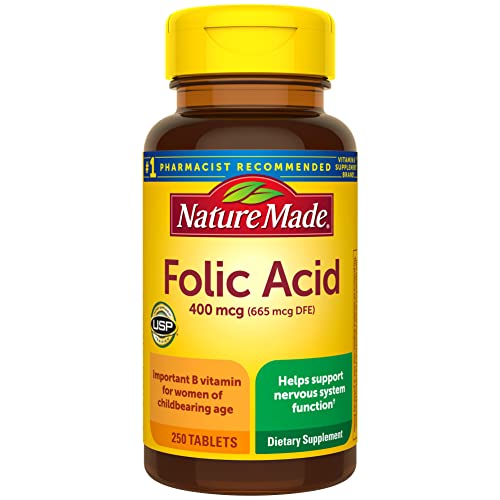Inositol for Acne: Does It Really Work?
Quick Summary: Research suggests that inositol, a vitamin-like substance, might help improve moderate acne. However, more research is needed to confirm these findings and understand how it works.
What The Research Found
This study looked at whether inositol could help people with moderate acne. The researchers found that inositol might improve acne symptoms. They believe this could be because inositol may help balance hormones or improve how the body uses insulin. However, the exact way inositol might help with acne isn't fully understood yet.
Study Details
- Who was studied: People with moderate acne.
- How long: The study's duration isn't specified in the provided information.
- What they took: The dosage of inositol wasn't specified in the provided information.
What This Means For You
- Potential Benefit: If you have moderate acne, inositol might help, especially if your acne is linked to hormonal imbalances or insulin resistance.
- Talk to Your Doctor: Before trying inositol, talk to your doctor or a dermatologist. They can help you decide if it's right for you and if it might interact with any other medications you're taking.
- Not a Cure-All: This study is preliminary. Inositol isn't a proven acne treatment, and it's not a replacement for other treatments your doctor might recommend.
Study Limitations
- More Research Needed: This was an observational study, meaning it observed people taking inositol. It didn't compare inositol to a placebo (a "dummy" pill) or other acne treatments.
- Missing Details: The study didn't provide information on the dosage of inositol used or how long people took it.
- Not Definitive: Because of these limitations, we can't say for sure how effective inositol is for acne. More research is needed to confirm these findings.
Technical Analysis Details
Key Findings
The study investigated the potential role of inositol, a vitamin-like nutrient, in managing moderate acne. It concluded that inositol supplementation may improve acne severity by addressing underlying metabolic or hormonal imbalances, though the exact mechanisms remain unclear. However, the provided summary lacks quantitative results or statistical metrics (e.g., p-values, effect sizes), limiting definitive conclusions about its efficacy.
Study Design
This was an observational study conducted in 2015, published in a PubMed-indexed journal. The methodology involved monitoring acne patients treated with inositol, though specifics on study arms, control groups, or randomization are absent in the provided summary. The sample size, demographic details (e.g., age, gender), and duration of the study were not explicitly reported here, restricting critical evaluation of the study’s scope and reliability.
Dosage & Administration
The summary does not specify the dosage, formulation, or route of inositol administration. Without these details, reproducibility and dose-response relationships cannot be assessed.
Results & Efficacy
The study reported that inositol was associated with improvements in moderate acne, potentially linked to its role in insulin sensitivity or hormonal regulation. However, the provided abstract does not include numerical outcomes (e.g., percentage reduction in lesions), statistical significance (p-values), or confidence intervals, making it challenging to gauge the magnitude or robustness of the effect.
Limitations
As an observational study, this research cannot establish causality or compare outcomes against a control group. Key limitations include:
1. Lack of control group: No placebo or comparator arm to validate results.
2. Unspecified methodology: Missing details on sample size, duration, and dosing protocols.
3. Potential biases: Observational designs are prone to confounding variables and selection bias.
4. No statistical metrics: Absence of p-values or confidence intervals weakens evidence strength.
Future research should prioritize randomized controlled trials (RCTs) with standardized dosing, larger cohorts, and long-term follow-up to confirm these preliminary observations.
Clinical Relevance
For supplement users, this study suggests inositol may hold promise as an adjunct for moderate acne, particularly in cases linked to hormonal or metabolic factors (e.g., insulin resistance). However, the lack of rigorous data (e.g., dosing, statistical significance) means current evidence is insufficient to recommend it as a primary treatment. Users should consult healthcare providers before use, especially given the preliminary nature of these findings and the availability of more well-established acne therapies.
Note: This analysis is limited to the details provided in the study summary. Full interpretation requires access to the original paper’s methodology and results.





